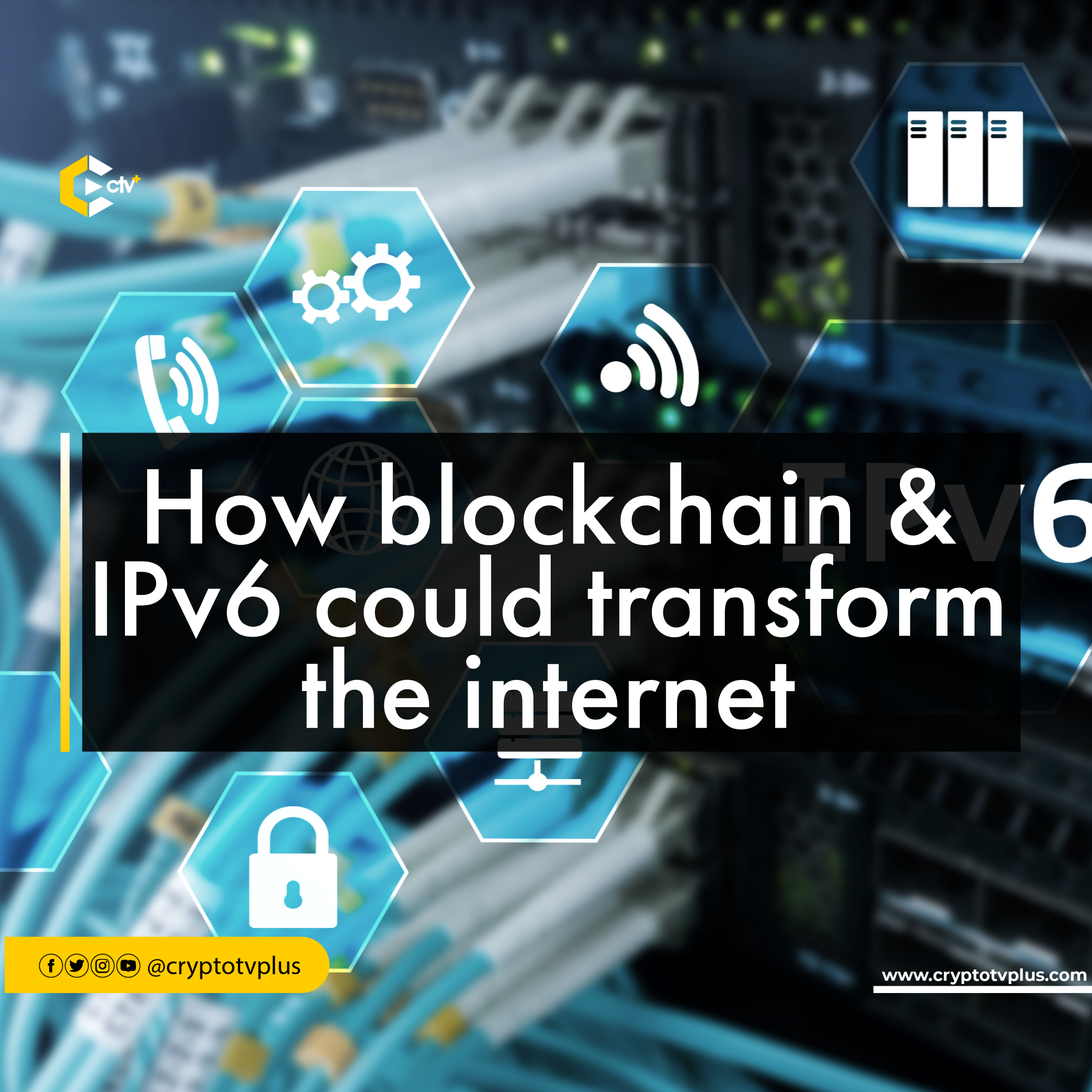News
How blockchain integration with IPv6 could transform the internet

IPv6, also known as the Internet Protocol version 6, stands as the latest iteration of the Internet Protocol. Its role is to facilitate the identification and localization of endpoint systems within computer networks, while also efficiently guiding online traffic. When integrated with blockchain technology, the Internet could undergo a groundbreaking transformation.
At its core, the Internet protocol encompasses a collection of rules and protocols that dictate the transmission of data across the online realm. The development of IPv6 was driven by the need to overcome the limitations witnessed within its forerunner, IPv4 (Internet Protocol version 4), primarily due to the remarkable surge in internet-connected devices.
Latif Ladid, Founder & President IPv6 Forum, at the London Blockchain Conference 2023 shared the organization’s efforts in improving the current internet by integrating IPv6. He recognized the challenges brought about by the internet revolution and emphasized the importance of positioning blockchain as the next groundbreaking technology, comparable to previous advancements.
During the discussion, he highlighted the enormous potential of IPv6 in addressing scaling issues and establishing a secure and resilient internet infrastructure. The importance of scalable address space, peer-to-peer communication, and security enhancements offered by IPv6 were also emphasized.
Ralph Wallace, Program Director & IPv6 Lead Aptive Resources, who previously served as the Internal Revenue Service (IRS) IPv6 transition manager, underscored the crucial role of IPv6 in enabling blockchain technology to function optimally. He pointed out the symbiotic relationship between blockchain and IPv6, emphasizing that the true value of blockchain can be fully realized on the next generation of the internet.
Drawing parallels to the challenges faced during the early days of IPv6 adoption, he emphasized the importance of a “killer application” to showcase its value. Ralph also highlighted that the same principles apply to blockchain technology, with IPv6 potentially serving as a foundation for successful implementation.
Latif explained that when two parties have routable IP addresses, they can engage in direct peer-to-peer communication without intermediaries. This approach offers deterministic networking, ensuring secure and predetermined connections at every point. An example provided by Latif was the WhatsApp messaging app, which initially uses phone numbers as identifiers and then switches to Voice over IP addresses for subsequent communication. However, integrating IPv6 could potentially offer an even more valuable model.
Expanding on Latif’s point, Ralph emphasized the key distinction between IPv4 and IPv6. Unlike IPv4, IPv6 facilitates direct peer-to-peer communication between parties without requiring servers or intermediaries.
IPv6 employs a 128-bit address format, which provides a significantly larger number of addresses compared to IPv4’s 32-bit format. This expanded address space allows for the support of a vast array of devices, meeting the ever-increasing demands of the internet.
Ralph highlighted how the design of the protocol enables decentralized and direct communication, making it an ideal match for blockchain technology.
Latif emphasized the empowerment that comes with peer-to-peer connectivity. Similar to how phone numbers enable transactions, peer-to-peer communication empowers individuals to engage in various transactions, including blockchain operations. This inclusivity allows people from around the world to seamlessly transact, even with microtransactions. Latif used M-Pesa, a mobile money system in Kenya, as an example to showcase the potential of open systems built on blockchain technology.
Read also; Six expert secrets for businesses building on Bitcoin
























